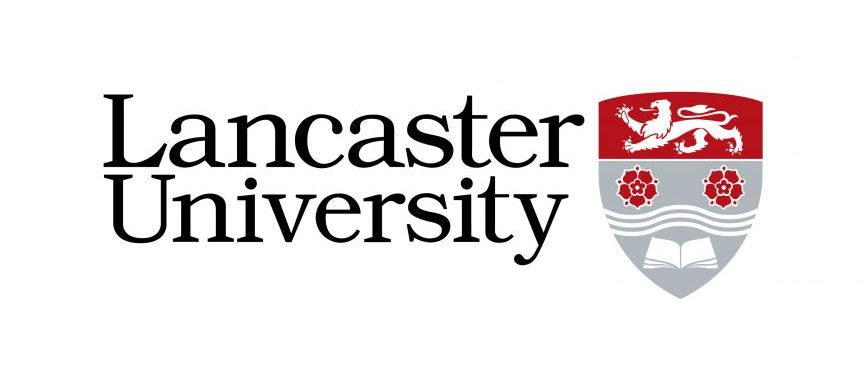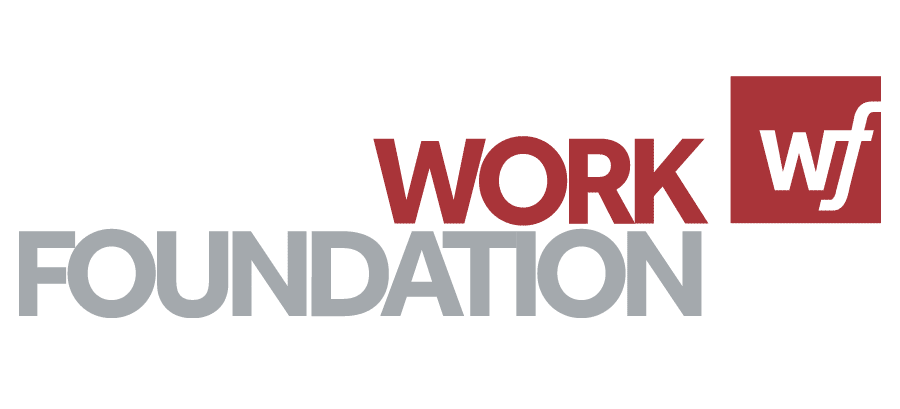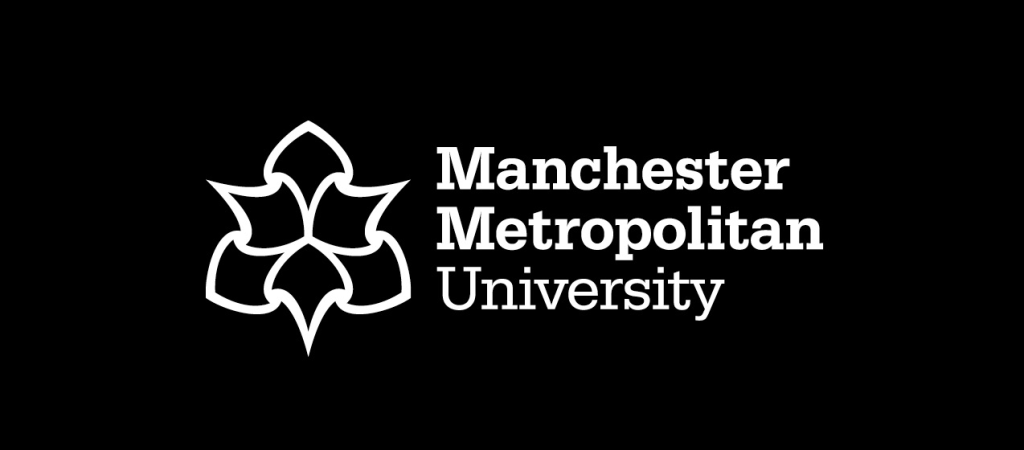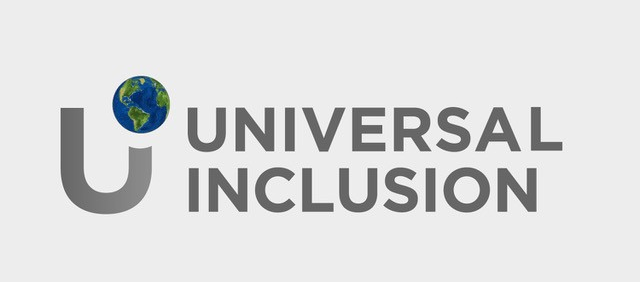Dr Paula Holland (Project Lead and Principal Investigator)
Dr Paula Holland is a Senior Lecturer in Public Health at Lancaster University, based in the Division of Health Research within the Faculty of Health and Medicine (FHM). Her research focuses on the production of social inequalities in health, primarily through the relationship between work and health. Her areas of interest and expertise include: disabled workers’ access to and experiences of employment; barriers and facilitators of their work retention; interventions to support work retention and return to work, including organisational policy and practice; and social inequalities in the employment and financial consequences of disabilities.
Dr Calum Carson (Senior Research Associate)
Dr Calum Carson is a Senior Research Associate at Lancaster University, based in the Division of Health Research within the Faculty of Health and Medicine (FHM). His main research interests centre around decent work, corporate social responsibility, the future of work and organisational change. He has previously worked as a Postdoctoral Researcher at the Centre for Decent Work and Productivity at Manchester Metropolitan University, and completed his PhD at the University of Leeds in 2020. Prior to his doctoral studies he was employed as a researcher at the International Labour Organisation, Geneva, where his research focused on the development of non-standard forms of employment and how better to extend social protections to workers within the gig economy.
Rebecca Florisson (Principal Analyst)
Rebecca Florisson is a Principal Analyst at the Lancaster University-based Work Foundation, where her work and research focuses on insecurity at work, social- and career mobility, working conditions, and diversity and inclusion issues. She is also currently undertaking a PhD at Queen Mary University that will look at the extent to which precarious early work experience impacts on career mobility across the life course, with a particular focus on differential impacts for different groups of people. She joined the Work Foundation in 2018, prior to which she worked at the European agency, Eurofound, where she contributed to research on working conditions in gigwork, organisational restructuring, and the impact of technological change on the workforce- and skills composition of the manufacturing sector in Europe.
Rebecca also brings a wealth of relevant research experience to the project from her previous work alongside Dr Holland on the Work Foundation-led, City Bridge Trust-funded study that this project will build upon the findings of, more information on which can be found by clicking anywhere on this line.
Alice Martin (Head of Research, the Work Foundation)
Alice joined the Work Foundation as Head of Research in September 2023. She has over a decade of experience researching the UK labour market with a particular focus on insecure forms of work, worker voice and employer conduct. Previously, Alice worked as a specialist advisor on labour rights at Pensions and Investments Research Consultants (PIRC ltd) and as editor there of a publication on industrial relations and employment policy for financial sector audiences. Prior to this Alice was Head of Work and Pay at the New Economics Foundation where she co-authored publications on trade unions, working time, and economic inequality. Alice started her career training in banking reform advocacy at the Consumers Association, Which?, and was a founding trustee of educational charity Rethinking Economics.
Dr Alison Collins (Survey and Employer Interviews Lead)
Dr Alison Collins is a Reader in Leadership and Management at Manchester Metropolitan University, based in the Centre for Decent Work and Productivity within MMU Business School. With a background in occupational/work psychology, her research interests include the implicit and explicit contracts employees have with their organization, workplace social support and work relationships, work life balance, homeworking/teleworking, and the positive and negative aspects of going to work whilst ill (sickness presenteeism).
Jacqueline Winstanley (Research Associate and Public Advisory Group Chair)
Jacqueline Winstanley is CEO and founder of Universal Inclusion, an organisation that develops and implements comprehensive and inclusive solutions to barriers which prevent access to life’s opportunities. She has extensive advisory board experience and experience of creating inclusive working practices/organisational change frameworks, and is a recognised international expert and consultant on inclusion and accessibility challenges, with her work acknowledged as good practice in the UK and internationally.
Over the years she has built an audit trail in proof of concept and outcomes, most notably in Inclusive Economic Growth, Inclusive Entrepreneurship, Workforce Retention, Inclusive Play and Childcare, Parks and Open Spaces. She has also influenced significant changes in government policy in the UK as a direct result of her clarity of vision in this area. She continues to develop and implement frameworks and solutions for global cities and communities, especially within the workplace and access to services.
Public Advisory Group
Stakeholder engagement and expert oversight are both important aspects of this study, and will be sustained throughout the project. This will primarily be achieved through the team above frequently reporting on the project’s development and activities to our Public Advisory Group (PAG), comprising a number of disabled people’s organisations and individuals with varying impairments/health conditions and experience of home-/hybrid working, among others. Throughout the study, PAG members will advise on ensuring our website, social media adverts, recruitment materials, workers’ survey, outputs, and engagements events are all inclusive and meet accessibility standards to ensure that as wide a number of people possible are able to participate in the project.
PAG members include:
- Dianne Lightfloot, CEO, Business Disability Forum
- Daisy Hooper, Head of Policy and Innovation, Chartered Management Institute
- The Law Society’s Disabled Solicitors Network (DSN)
- Jane Hatton, Founder/CEO, Evenbreak
- Simone Cheng, Senior Policy Adviser (Workplace Policy), ACAS
- Beth Kume-Holland, Patchwork Hub
- Dr James Richards, Associate Professor in Human Resource Management, Edinburgh Business School




